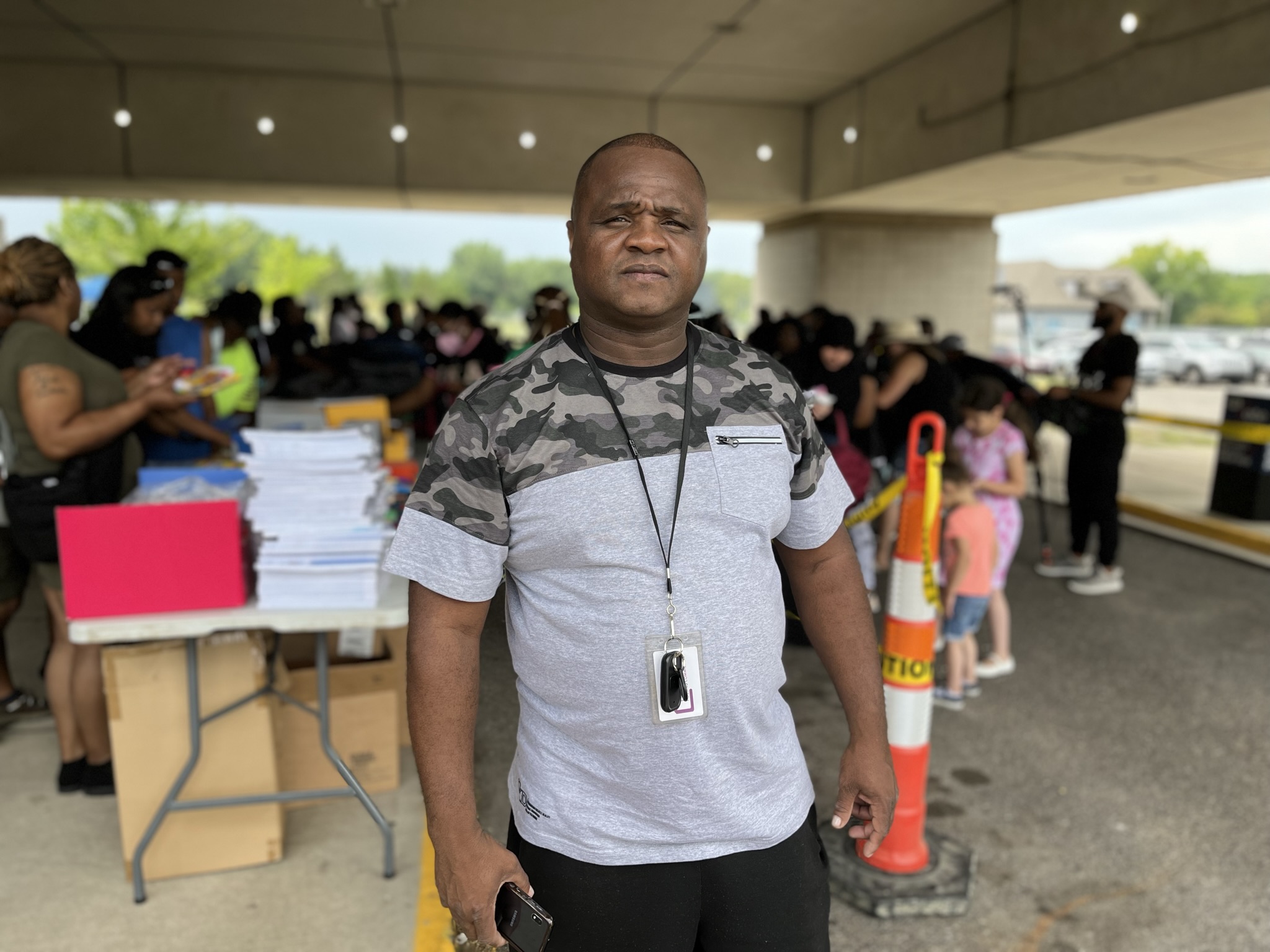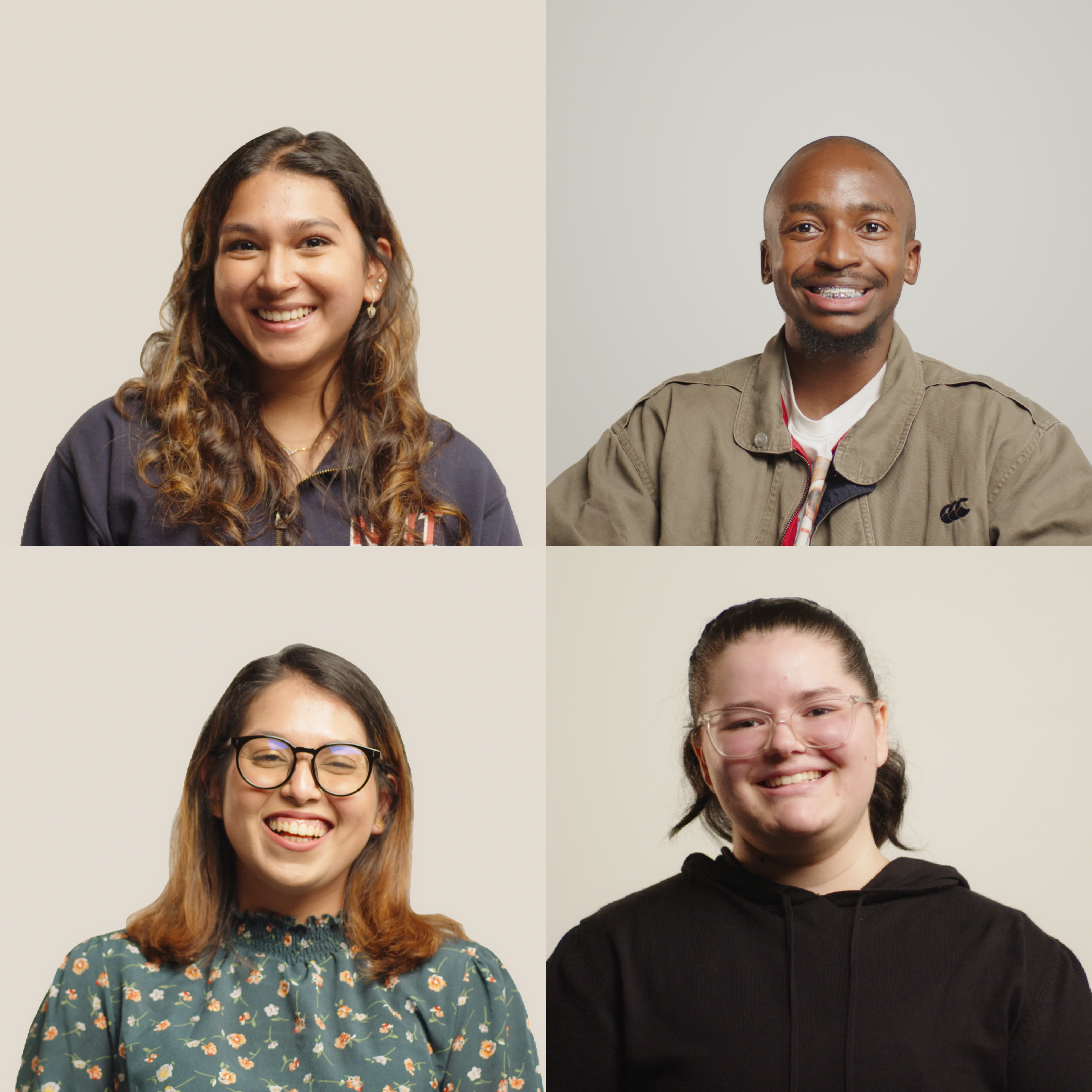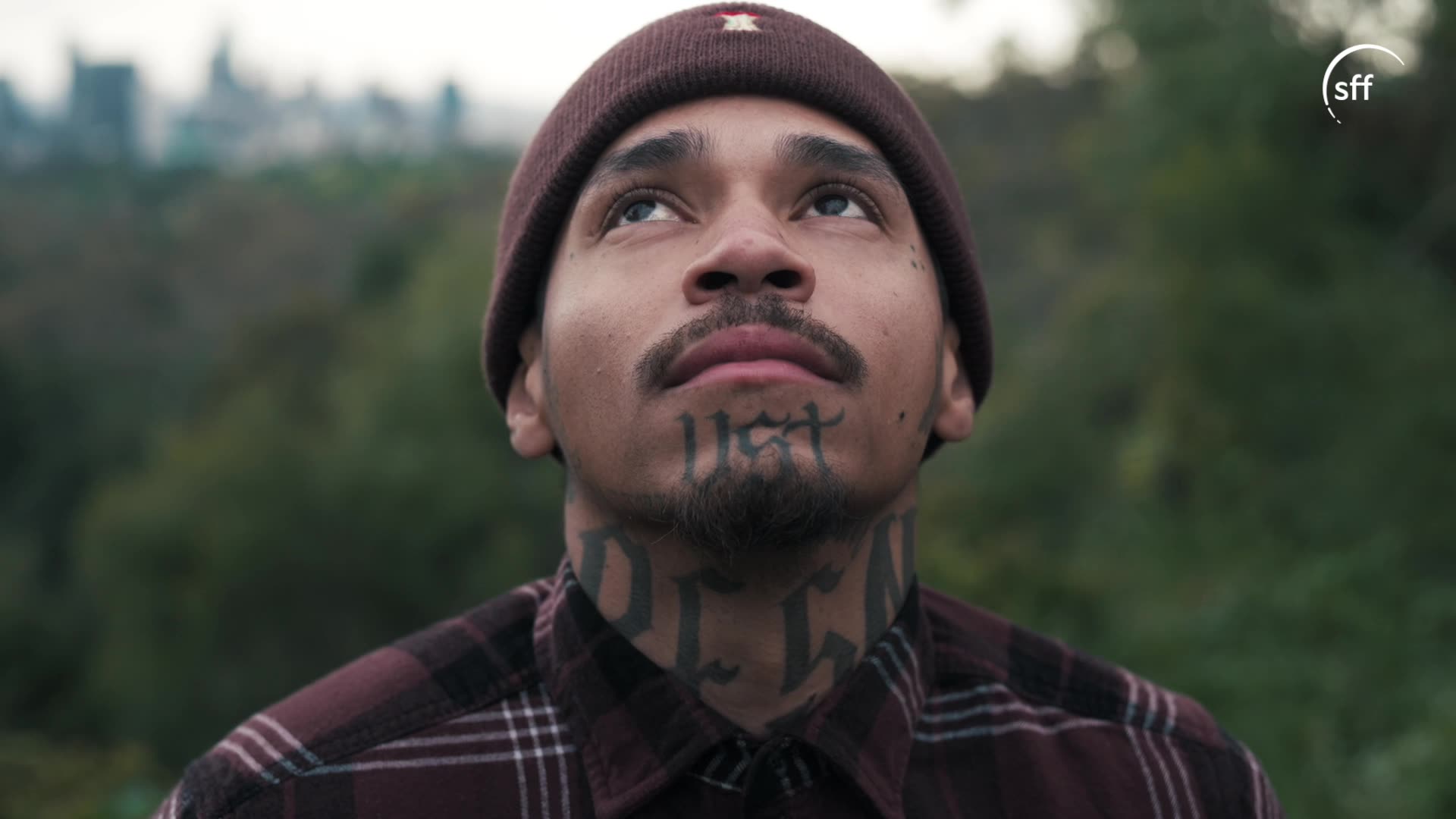Becoming an Agent of Change

James “Jamo” Thomas is committed to his community. He mentors youth and helps returning citizens in Detroit, Michigan transition to life after prison. He is also dedicated to tackling poverty and inequities in his community through his nonprofit Rising Sun Ink, which coordinates the distribution of fresh food as well as numerous events like backpack drives and meals for the homeless. He is driven to give back, to be “an agent of change.”
“That’s my passion, to use my voice as a voice for the voiceless within my community,” says Jamo.
At the age of 15, Jamo was sentenced to life in prison without parole for his involvement in a homicide. At the time, both his parents were incarcerated.
“Most children growing up in urban communities are […] just growing up in a circumstance where they don’t have adults to guide them and navigate them through life.”
Jamo says despite the incredibly harsh conditions, including eight years in solitary confinement, he found his purpose. He got his GED and committed himself to helping his community, even if he was still behind bars.
After thirty years in prison, Jamo was released in 2017 as a result of Supreme Court decisions in Miller v. Alabama and Montgomery v. Louisiana. Those cases banned mandatory life without parole sentences for children and declared life without parole for children unconstitutional in all but the rarest of cases, opening the door for people like Jamo to be resentenced.
“The toughest part was…reintegrating within my family, just trying to figure out what place and what role do I play in my family and what role do I play in society,” says Jamo.
Now, in addition to his nonprofit, Jamo dedicates his time to being a regional connector for the Incarcerated Children’s Advocacy Network (ICAN) in Detroit, a project of the Campaign for the Fair Sentencing of Youth (CFSY). He is one of only seven regional connectors in the country who work to support those coming home from prison, helping them with everything from getting an ID to preparing them for job interviews.

“Jamo is doing exceptional work in Michigan to feed and support his community, and we could not be prouder to call him an ICAN member,” says Xavier McElrath-Bey, Co-Executive Director of the Campaign for the Fair Sentencing of Youth. “Jamo is one of many ICAN members who were sentenced to life without parole as children that are now doing incredible work in a variety of areas. His life speaks to the fact that when given the opportunity, those once condemned by the legal system as children can change, grow, and lead meaningful lives as free individuals.”
CFSY is a national nonprofit that leads efforts to ban life without parole and other extreme sentences for children. It’s an equity-driven organization that explicitly works to dismantle the racial disparities, social injustices, and residual harms caused by the legal system. Through partnerships with advocacy organizations, businesses, and other stakeholders, the CFSY supports survivors of youth violence, those incarcerated as children who are still serving or have been released, and their respective families and communities.
“I’m a firm believer that no child is born bad, and that is my mission in the state of Michigan to end life in prison without parole for juveniles,” Jamo says.
According to data from CFSY, children sentenced to life in prison without parole are often the most vulnerable members of our society. Nearly 80 percent of juvenile lifers reported witnessing violence in their homes; more than half (54.1%) witnessed weekly violence in their neighborhoods. Perhaps more notably from an inequitable systemic perspective, CFSY data shows that African American youth are sentenced to life without parole as children at a per capita rate that is 10 times that of White youth.
Since CFSY’s launch, the organization has garnered broad bipartisan support for reform. The number of states that ban life without parole for children has quadrupled in just five years, and the Supreme Court has stepped in three times to limit these sentences.
Through bipartisan legislation, Michigan is poised to become the 26th state to abolish life without parole for youth.
“I’m grateful to be able to use my talent and my voice to be an agent of change in our community and be an example that men and women do have a capacity to redeem [themselves] and become better human beings and contributing members to our community,” says Jamo.
Learn more at www.cfsy.org


